Jamaica was the 50th home of Bank of Credit and Commerce International (BCCI). Jamaica was one of the richest countries in the area, and it had a strong voice throughout the Third World.
Country Information
Jamaica, an island country of the West Indies. It is the third largest island in the Caribbean Sea (suboceanic basin of the western Atlantic Ocean), after Cuba to the south and Hispaniola (divided politically into the Republic of Haiti (west) to the west, the Dominican Republic, both colonised by Spain and the British Overseas Territory of the Cayman Islands to the north west.
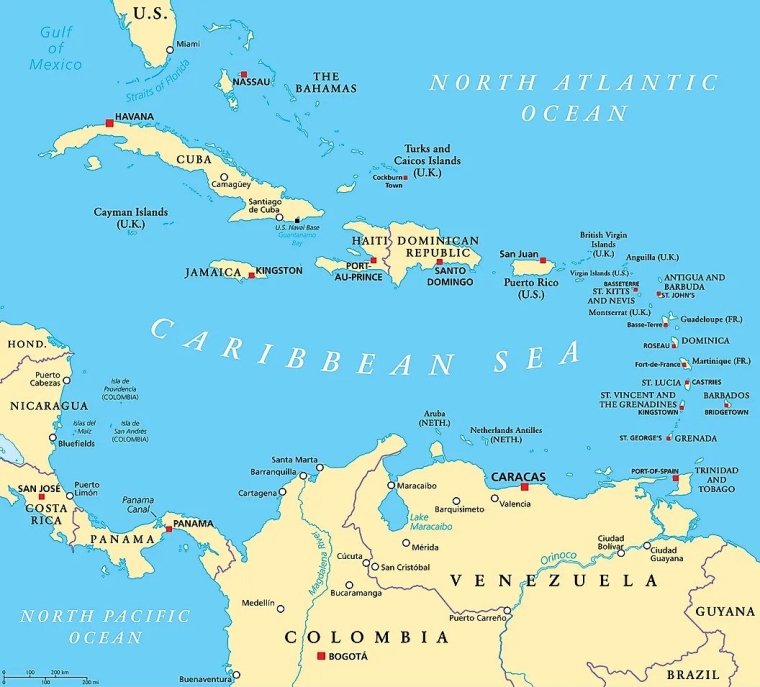
Kingston was the capital and the largest city of Jamaica. Kingston Harbour was the seventh largest natural harbour in the world. Montego Bay was one of the best known cities in the Caribbean for tourism, located on the north coast of Jamaica.
History
Jamaica was originally inhabited by the indigenous Taino peoples for centuries until the island came under Spanish rule following the arrival in 1494 of Christopher Columbus, an Italian explorer and navigator from Genoa who undertook voyages across the Atlantic sponsored by the Catholic Kings of Spain, opening the way for the European colonisation of the Americas.
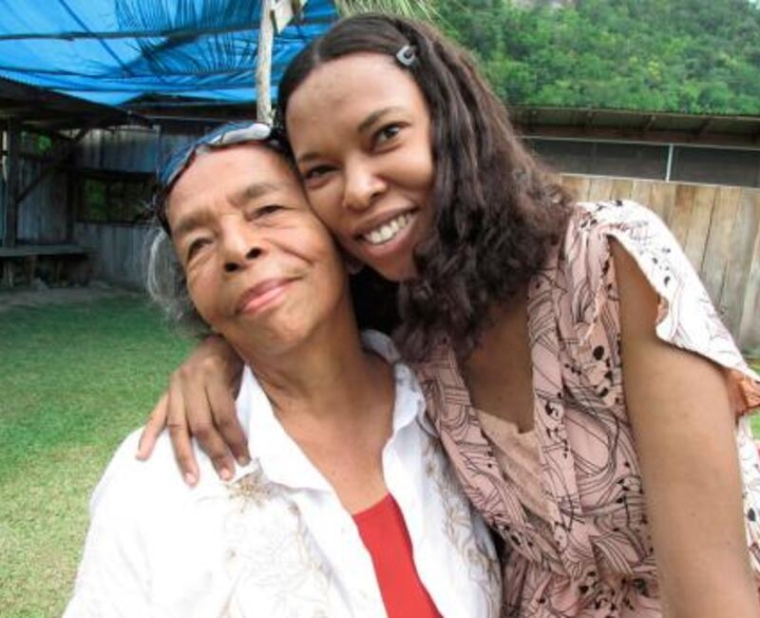
The Spanish forced the indigenous Taino people into slavery and virtually exterminated then. They also stared the practice of importing slaves from West Africa to work in Jamaica.
England seized the island in 1655 and established a plantation economy based on sugar, cocoa, and coffee.
According to the National Library of Jamaica, during the transatlantic slave trade, around 600,000 captive Africans were forcibly sent to Jamaica - making Britain one of the largest slave traders in the Atlantic in the 18th century.
The English settlers brought in vast numbers of slaves from Africa to work on the sugar plantations. Beginning in the 1840s, the British began also using Chinese and Indian indentured labour (a sort of bonded labour) to work on the plantations.
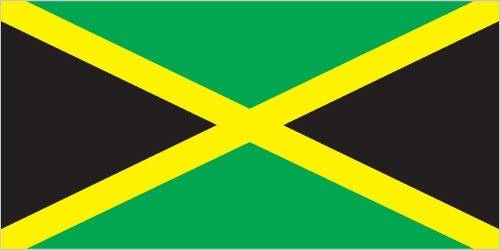 Jamaica gained independence from the United Kingdom in 1962.
Jamaica gained independence from the United Kingdom in 1962.
Population and language
The population of Jamaica in the 1980s was around two million.
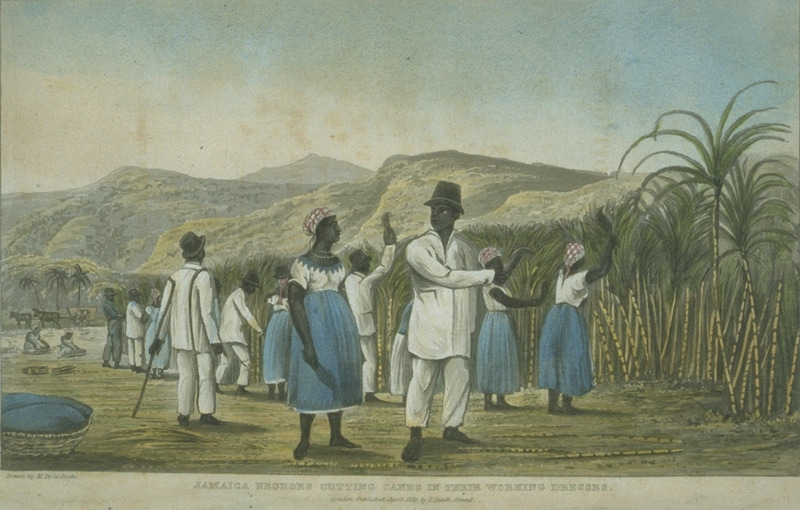
The great majority of its people were of African ancestry, the descendants of slaves brought by European colonists from the West African countries of Ghana and Nigeria.
Asians formed the second largest group that included Indo Jamaicans and Chinese Jamaicans, mostly descended from indentured workers brought by the British colonial government.
English was the official language.
The primary spoken language was an English cased creole called Jamaican Patois (or Patwa), developed in colonial plantation settlements.
Economy
Jamaica was a mixed economy with both state owned enterprises and private sector businesses.
Important sectors of the country’s economy included agriculture, mining (bauxite, alumina, gypsum, limestone), manufacturing, manufacturing, petroleum refining, tourism and financial services.

The country's traditional agriculture economy had changed radically in the 1950s with the boom of bauxite mining, while agriculture accounted for lesser share.
The main crops were sugar cane, citrus fruits, bananas, pimento, coconuts, coffee, cocoa.
Main industries were mining and mineral processing, textiles, food processing, and light manufacturing.
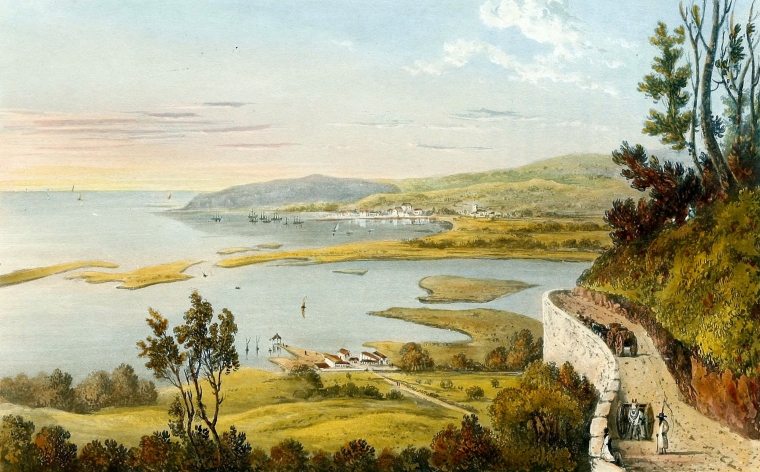
With Jamaica’s lush topography of mountains, rainforests and reef-lined beaches, tourism was becoming one of the country’s largest sources of foreign exchange earnings.
Main exports were alumina, bauxite, sugar. Main imports were fuels, machinery, transport equipment, foodstuffs, and fertilisers.
Main trading partners for exports were U.S.A., U.K., Norway, Canada. For imports were U.S.A., Venezuela, Netherlands Antilles, U.K. and Canada.
Starting in the 1980s, the state reduced its role as a major player in the economy, partly because structural adjustment and economic liberalisation favoured private enterprise as the engine of economic growth.
BCCI in Jamaica
Bank of Credit and Commerce International (BCCI) was in Panama, Venezuela and the Grand Cayman for some time, but the diversity and richness of the whole region called for a stronger and a larger presence in the Caribbean, Central and Latin America.
There were many reasons why Jamaica was chosen as the launching pad for BCC's lift off in the Caribbean. The first was the size and the quality of its economy. The second was that it was then one of the richest countries in the Caribbean.
Mr Agha Hasan Abedi, BCCI President, already enjoyed a close relationship with Mr Michael Manley, Prime Minister of Jamaica, and leaders of other under-developed countries, who all shared a common cause in desiring to overcome the dependency on the western countries.
BCCI’s first branch
BCCI's entry into the Jamaican banking community was very significant, for it was the first foreign bank in the country that is not owned by American, British or Canadian interests that had dominated the financial sector.
BCCI opened its first branch in 1982 in New Kingston, Kingston, the capital and largest city, and the centre of business. There were two major sections in the capital: 'downtown' and 'uptown' also referred to as New Kingston.
With the opening of BCCI’s branch in Jamaica, BCCI became one of a very select group of international banks which had established operations in over 50 countries.
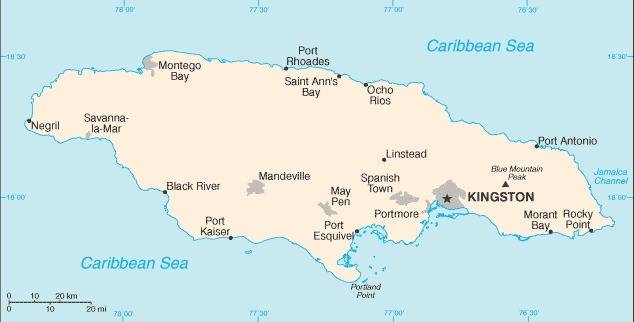
The first branch was located at:
59 Knutsford Boulevard
P O Box 178
New Kingston
Kingston 5
Telephone: (1809) 929 2890/6
Fax: (1809) 929 3167
Telex: 2362 BCCI KGN JA
The important start in Jamaica was headed by Mr Saeed Usman Sakrani, a seasoned banker with experience of more than 22 years with a British bank.
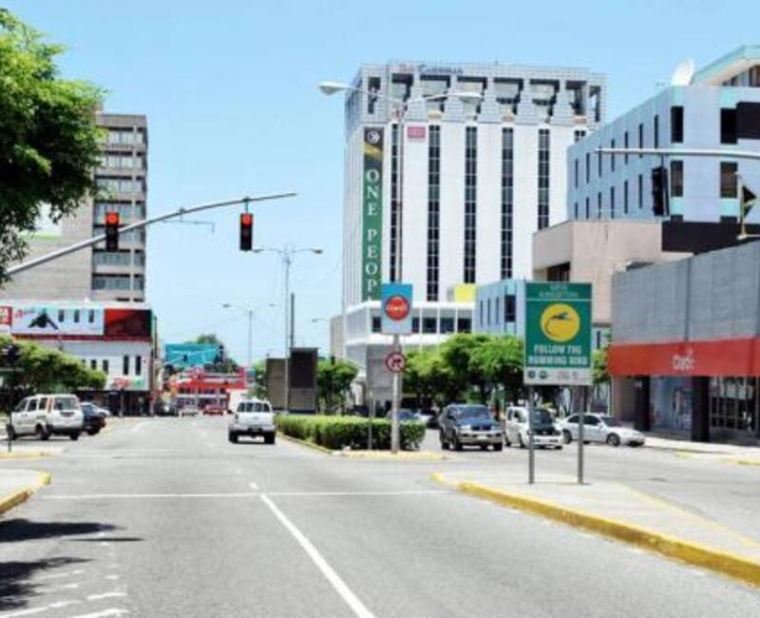
Traditionally Jamaica’s trade had been localised within the Caribbean or centred on the United States and the United Kingdom. BCCI was able to broaden this trading pattern and opened new markets through the BCCI global network for Jamacia’s products and services.
BCCI handled all commercial banking activities and, in conformity with BCCI group policy, concentrated on short term self-liquidating trade finance.
At the same time BCCI provided access to the major Western financial markets, and contact with institutions which had funds to invest.
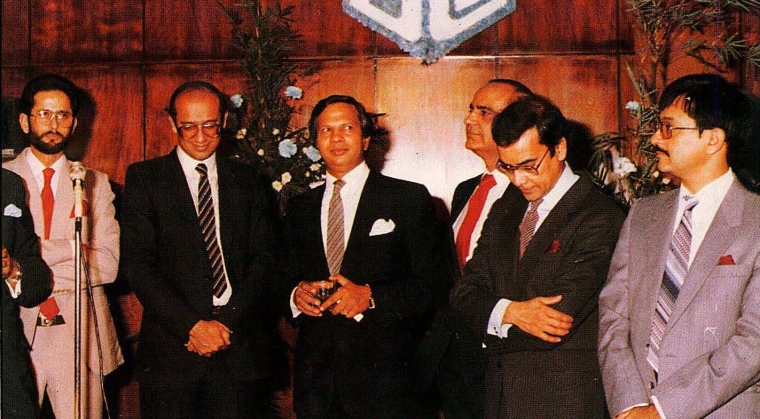
Second branch in Kingston
BCCI opened its second branch in Jamaica in King Street, Kingston.
Mr Masihur Rahman, chief financial officer of BCCI said at the opening, “This expansion of activities is evidence of BCC's confidence in the future of Jamaica,"
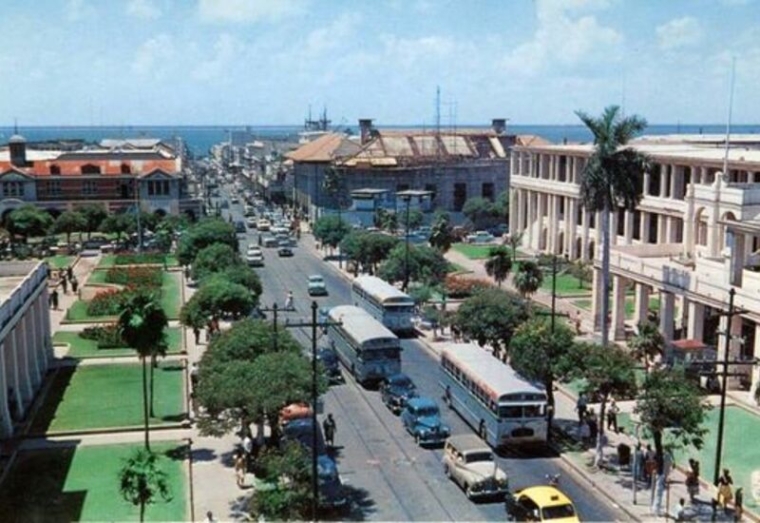
The second branch was located at:
4 ½ King Street
P O Box 8625
Kingston
Telephone: (1809) 922 9264/66
Fax: (1809) 922 4358
Telex: 2508 BCC KST JA
Third branch in Montego Bay
Montego Bay was Jamacia’s third most populous city and known as the ‘Tourist Capital’ of Jamaica.
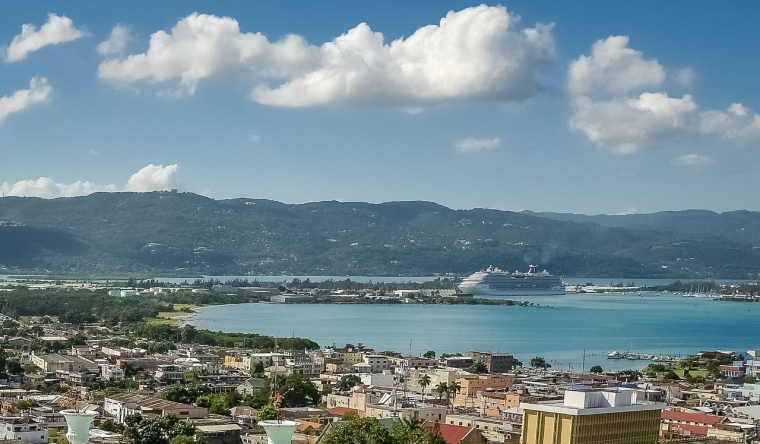
The city was a popular tourist destination with duty free shopping, a cruise line terminal and several beaches and resorts.
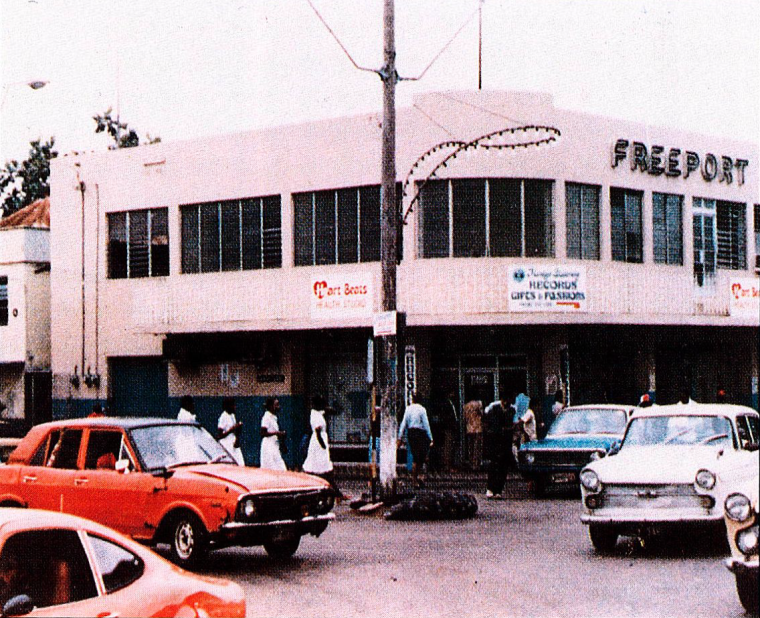
Third branch was located at:
34 St James street
Sam Sharpe Square
Montego Bay
Telephone: (1809) 952 4325
Fax: (1809) 984 3381
Telex: 5339 BCCI MB JA
Jamaica, BCCI and the Third World
Jamaica had always sought to play a prominent role in Caribbean affairs and has a strong voice throughout the Third World particularly in its advocation for a more equitable distribution of the world’s riches and resources. On this point there is a strong feeling of harmony between the Jamaica government and BCCI.
For too long international trade was dominated by the North/South axis. During the 1970s that mould was broken. In the 1980s BCCI President, Mr Agha Hasan Abedi, wanted to see a lively and lucrative trading pattern developing between countries of the South. The first step in bringing about a better quality of life was the eradication of the appalling material poverty, lack of education, and diseases that afflicted much of the developing countries that constituted the Third World.
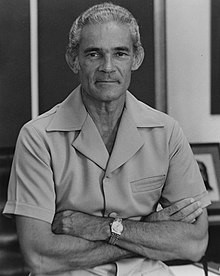
The government of Prime Minister Mr Michael Manley’s government enacted various social reforms during his second term, such as a higher minimum wage, land reform, legislation for women's equality, greater housing construction and an increase in educational provision. Internationally he improved ties with the Communist countries and vigorously opposed the White apartheid regime in South Africa.
The Third World Foundation established in 1979 with funding provided by Bank of Credit and Commerce International (BCCI). The real objective was to view the North South dialogue in the framework of economic decolonisation on the Third World and liberation from the past patterns of economic, cultural and political dependency, as well as to reform the international and monetary financial institutions.
Mr Agha Hasan Abedi, BCCI’s founder and President and Chiarman of the Board of Trustees, launched the Third World Foundation in London, United Kingdom.
The launch was attended by Jamaica’s Prime Minister Michael Manley, Lord James Callaghan former British Prime Minister (1976 to 1979) and the then general secretary of the Commonwealth, Sir S.S. Ramphal.
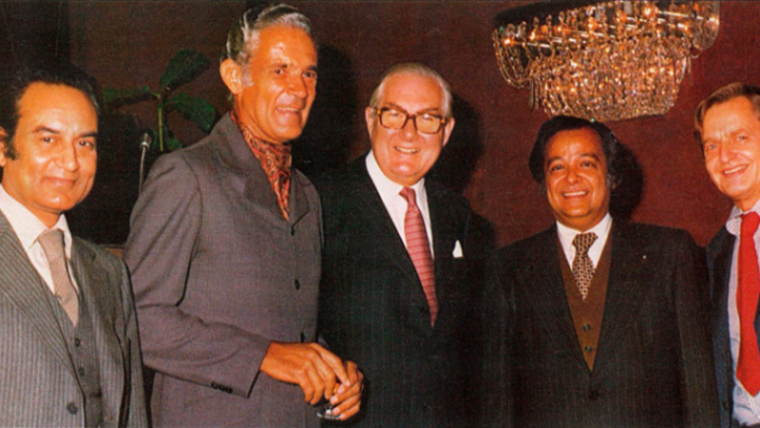
At the inaugural function of the Third World Annual Lecture series, the Third World Prize was announced by the Hon Michael Manley, Prime Minister of Jamaica. He said: "Today the Foundation launches a new lecture series and the idea of a Third World Prize. Neither lecture nor prizes are unusual. But I dare to believe that this occasion is important not only for what it inaugurates, but also for the change in perception of the world that it reflects".
Mr Manley delivered the inaugural lecture on the Third World under Challenge: The Politics of Affirmation.
BCCI closure
On 5 July 1991 the Bank of England and other regulators in the west decided to freeze BCCI Group's assets and abruptly shut down BCCI's operations worldwide.
The priority of the governments and central banks in some countries was to protect their people and the local operations of BCCI continued in a different name after the assets and liabilities were acquired by private investors or another bank.
BCCI branches in Jamaica reportedly remained open for a few days until they were taken over by the local receiver on 11 July 1991. The government of Jamaica passed an amending legislation to ringfence Jamaican creditors to permit sale on a cooperative basis with Bank of Jamaica. No further information is available.
The BCCI Group majority shareholders considered the abrupt action by western central banks to shut down BCCI in 1991 was unjustified when they already had detailed discussions with the Bank of England and other regulators on a restructuring plan and would have injected further capital, if required.
In a 24-page report not made public but sent to some 60 central bankers worldwide, the United Nations Center on Transnational Corporations said that by simply shutting down the 70 nation banking network that financed international trade of $18 billion a year, the economic damage fell hardest on countries like Nigeria, Bangladesh and Zambia, where B.C.C.I. was an important institution. (New York Times, Feb 5, 1992)
